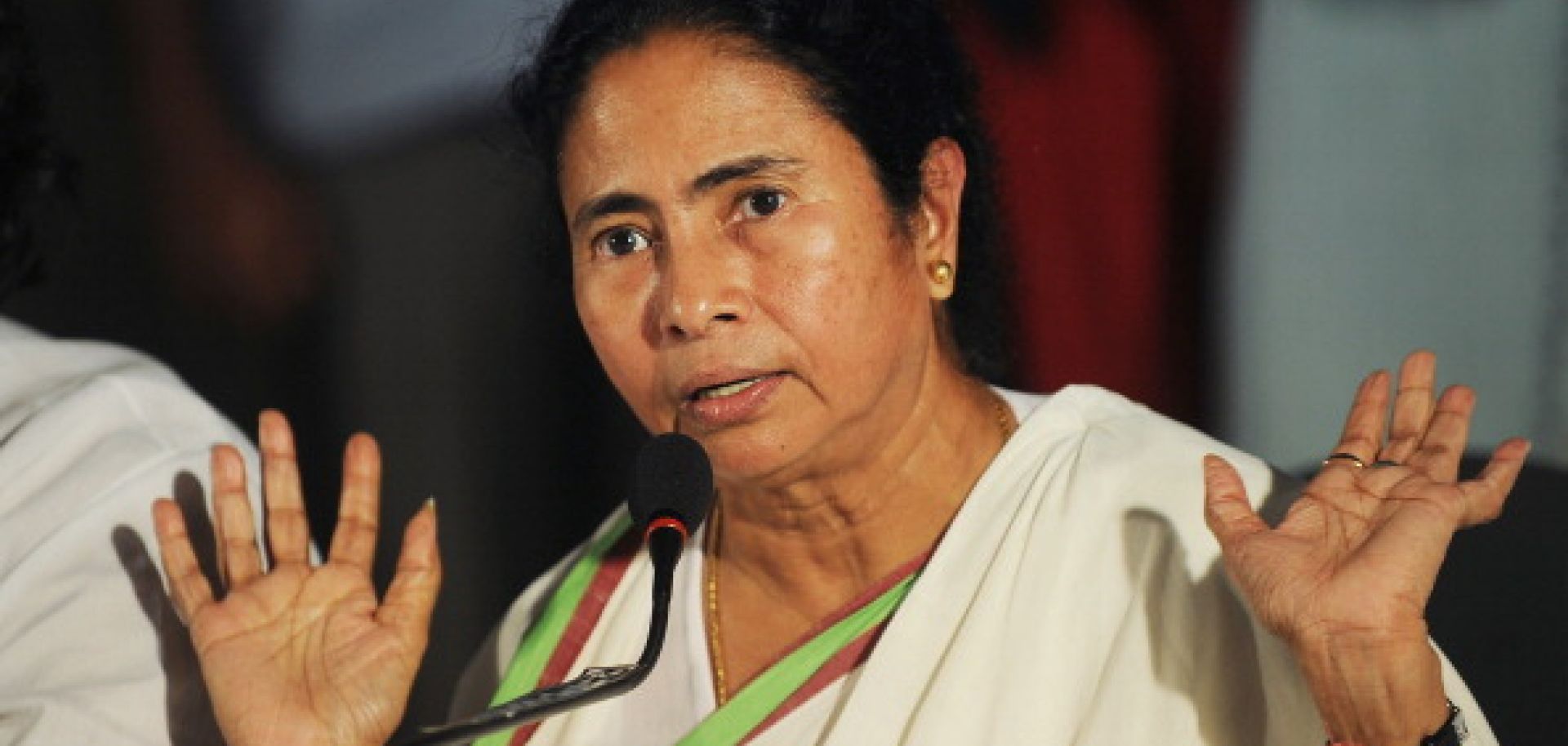ASSESSMENTS
In India, State Autonomy Compromises Economic Reform
Sep 20, 2012 | 10:14 GMT

DIBYANGSHU SARKAR/AFP/GettyImages
Summary
West Bengal's Trinamool Congress Party, the second-largest member of India's ruling parliamentary coalition, the United Progressive Alliance, has threatened to withdraw from the bloc unless the government rolls back several controversial reforms announced Sept. 14. Among the reforms are fuel subsidy reductions and measures to allow more foreign direct investment (FDI) into multi-brand retail.
Meant to reverse India's economic slowdown and entice foreign investors, the reforms concern many Indians who believe multi-brand retailers would put local retailers out of business. But despite these grievances, individual states can opt out of the proposed FDI reforms. With this provision, Prime Minister Manmohan Singh's government sets a tenuous precedent that could further localize investment and development in key regions to the exclusion of others — a trend that already has arrested Indian economic growth.
Subscribe Now
SubscribeAlready have an account?
